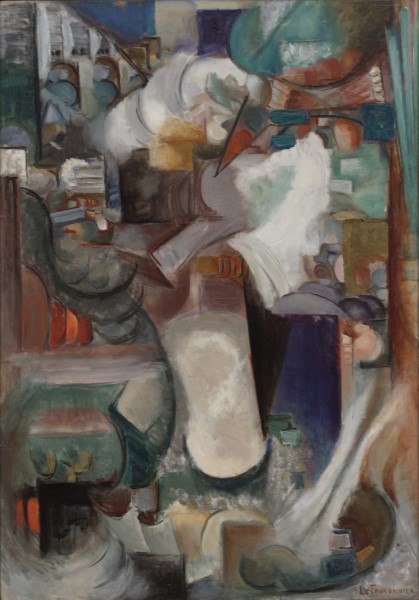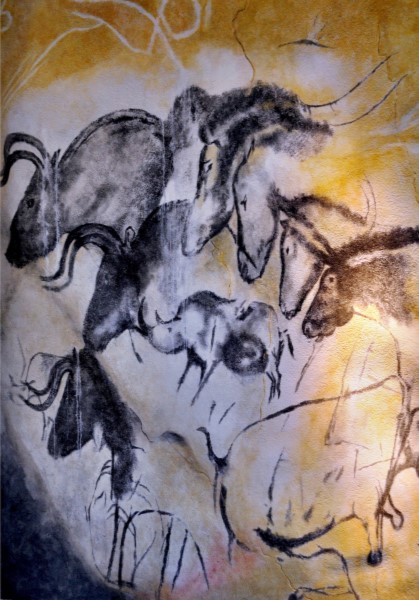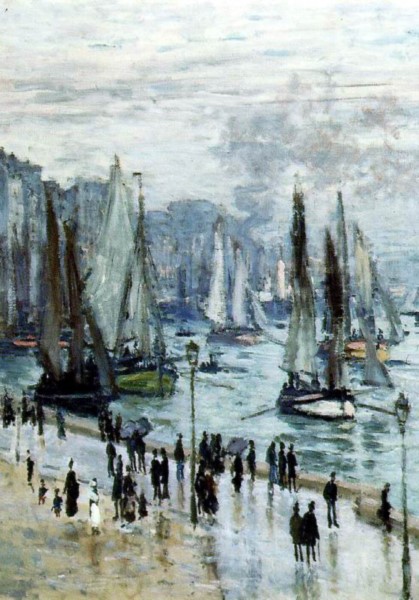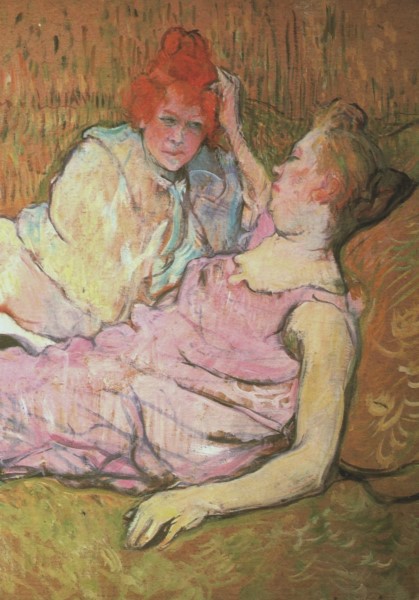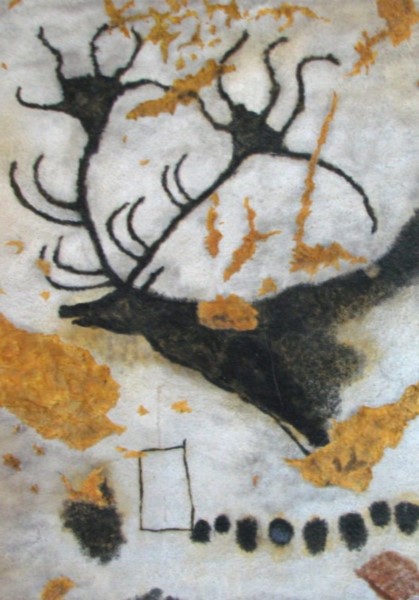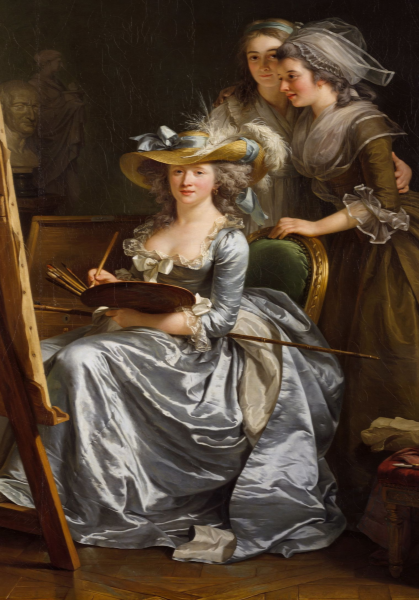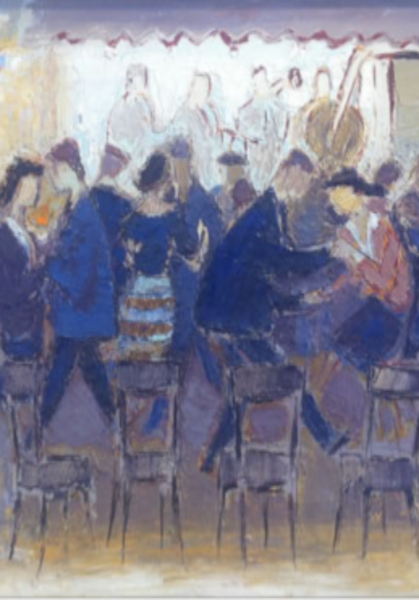Both Isser Woloch and Howard Brown raise questions regarding my interpretation of Brumaire to which I should like to respond. Annie Jourdan does not explicitly tackle the subject on which I wrote, but her notion of the ‘republican emperor’ is especially germane to our discussion of the nature of Bonapartism, while her investigation of the cultural
management exercised by Napoleon has shed a good deal of light on the development of his regime. Indeed, her exploration of the hybridity of Napoleonic imagery helps explain why the terrain remains such a fertile topic for research and debate.
My judgment on the Directory was certainly rather more generous than that of Isser or Howard. Of course, the former is right to insist that there was no guarantee that the Directory would have evolved in the direction of a more mature representative government, or a more stable parliamentary system. There is clearly no point in extrapolating beyond 1799, which I tried to avoid, but it is worth observing that any possibility of a liberal evolution was completely ruled out by the establishment of the Bonapartist dictatorship; it was quite evident that the regime would not become more democratic thereafter. Isser suggests it was ironic that Jacobins should become the chief defenders of the Constitution of 1795, in view of their earlier opposition to it. The fact remains that they did (as Isser demonstrated in his very first book) and more recent research suggests they were developing a more pluralistic concept of politics in the process.
At the same time there was nothing clear-cut about the outcome of Brumaire, which was far from the textbook coup it is often presented as being. Sieyès turned out to have been rather less adroit than most people supposed, for he had no detailed constitutional plans in his pocket. Nor did the rest of the brumairians, a pretty motley crew, have any firmer ideas. This left something of a vacuum that facilitated a more authoritarian solution, while the resistance Bonaparte encountered at Saint-Cloud helped others believe that a plot against the Republic really did exist and served to raise the general’s political stock as a result. Bonaparte was given far more room for manoeuvre than he might have expected.
I think we can agree on the depoliticization that accompanied the gradual emergence of Bonaparte’s dictatorship. This was certainly encouraged under the Consulate by the denial of political space to potential opponents, as well as by the circulation of some clever propaganda, though the crisis of 1799 had induced apathy rather than protest. Likewise we concur on the judicious combination of reconciliation and repression on which the Consulate was subsequently founded. The religious settlement requires particular emphasis in this regard, but so does the use of republican symbolism to which Annie Jourdan has drawn our attention.
Howard Brown has done some splendid, original work on repression before and after Brumaire, revealing the continuities at work in this respect. I am attracted by his notion of ‘liberal authoritarianism’, but I would see it in a less negative light, given the circumstances prevailing after Thermidor. Howard suggests that the constitutional experiment of 1795 was effectively buried in 1797. Bonaparte, of course, referred to this violation of the Constitution when he justified Brumaire. Liberty was clearly at risk before he took over, but there was still some distance to be travelled before the decisive rupture took place. To that extent I am not persuaded that we should regard 1797 as a more important dividing line than 1799. Democracy after Fructidor was not in such a ‘comatose state’ as Howard asserts. Freedom of the press, for example, was by no means absolute but, as in the case of elections, there was no general proscription of the sort which followed Brumaire.
Nor would I endorse 1802 as a particularly significant date. I regard 1804 as a more fundamental turning point and would dispute Howard’s remark that the imperial title was a matter of ‘style rather than substance’. As Annie Jourdan has demonstrated, in many respects the style was the substance. I am not wholly convinced by her notion of a republican emperor, however, since there was less and less that was republican about the Napoleonic system after 1804. It is true that the imperial constitution of the Year XII made few political changes beyond the role of the head of state. On the other hand, the Empire ushered in a new phase in the social history of the Bonapartist regime by reinstating a titled and privileged nobility.
Isser Woloch concludes his contribution by suggesting some fruitful areas for investigation in the future. I would suggest there is still some useful work to be done in determining the extent of an ‘aristocratic reaction’ under the Empire. In both the administrative and military hierarchies there was a tendency to employ former nobles. If all this sounds too much like the old social history, then there are cultural dimensions to explore, not to mention the political repercussions. Why was there no attempt to defend Napoleon when he first abdicated in 1814? By contrast, the Hundred Days marked a return to what Annie Jourdan calls the ‘redingote grise’ and the rhetoric of the Consulate, which I would regard as a more genuine synthesis of ancien regime and Revolution.
There is a good deal to be done. Many of the historical perspectives applied to the revolutionary decade have yet to influence the study of the Napoleonic period. I hope that the bicentenary will encourage some fresh approaches. The research that my fellow contributors have already conducted reassures me that the coming decade will not simply rehash the old myths.
Copyright 1999 H-France and Malcolm Crook

